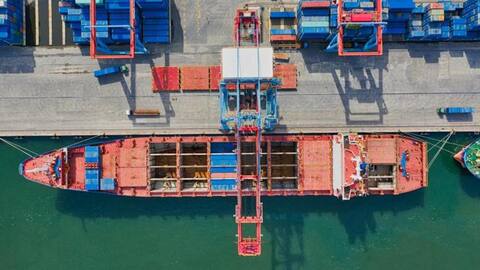January 26 is International Customs Day: Here's what it means
What's the story
Every January 26th, countries across the globe join hands to celebrate International Customs Day. This occasion serves as a poignant reminder of the pivotal role played by customs administrations in shaping international trade, ensuring border security, and fostering economic growth. Let us understand more about the annual event that highlights and commemorates the accomplishments and contributions of customs authorities worldwide.
History
Origin
International Customs Day finds its roots in the establishment of the Customs Cooperation Council (CCC), later transformed into the World Customs Organization (WCO). Originating in 1952, the CCC, formed on January 26, sought to boost global collaboration in customs affairs. In 1953, during a Brussels session, the CCC formally declared January 26 as International Customs Day.
Role
Understanding the role of customs
Customs administrations form the backbone of a nation's economic infrastructure. Their primary functions encompass the collection of customs duties and taxes, the enforcement of trade regulations, and the safeguarding of borders against illicit activities. Through the implementation of efficient and effective customs procedures, countries can facilitate legitimate trade, protect their citizens from potential risks, and contribute to the overall stability of the global economy.
Themes
Themes and goals
Each year, International Customs Day adopts a specific theme designed to reflect current challenges and opportunities within the customs domain. These themes aim to raise awareness, initiate discussions, and foster collaboration among customs authorities, businesses, and the general public. The theme of this year's International Customs Day is -" Customs engaging traditional and new partners with purpose."
Significance
Role during pandemic
This annual commemoration highlights the continuous evolution of customs and the global commitment to efficient and secure international trade. The important roles that customs authorities play in international trade, underscoring their adaptability and efficiency in enforcing the flow of necessities at trying times like the COVID-19 outbreak, when supply chains experienced interruptions.
